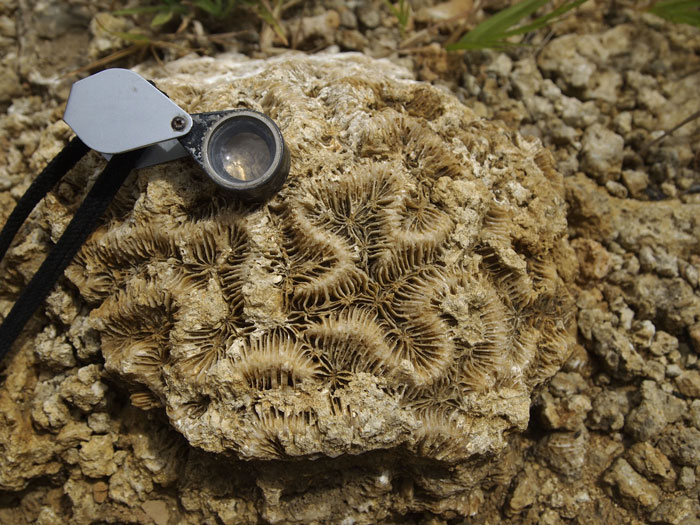4D-REEF will use a variety of paleo-ecological and present-day data to study reefs in turbid habitats. These reefs might have the capacity to withstand environmental pressures and act as a refuge for coral reefs in periods of warm climate.
Key research questions:


